0725a5bc-e228-4899-bdc0-82a17e978215_4f6c26a0
Hong Kong cult icon Wan Kwong was astonished when Cantopop songs supposedly sung by him became hits with listeners recently, thanks to the use of artificial intelligence.
YouTube content creators used AI to generate his voice before integrating it with two songs – “Solitude” by songwriter Terence Lam Ka-him and “My Dear Friend” by Keung To of Hong Kong boy band Mirror.
Both attracted more than a million views in two weeks in early June.
Do you have questions about the biggest topics and trends from around the world? Get the answers with SCMP Knowledge, our new platform of curated content with explainers, FAQs, analyses and infographics brought to you by our award-winning team.
“I don’t even know how to sing these songs,” said the 79-year-old Wan, who entertained fans for almost five decades by singing songs with hilarious suggestive lyrics.
“But thank you for paying attention to me, as I have never been this popular in my career.”
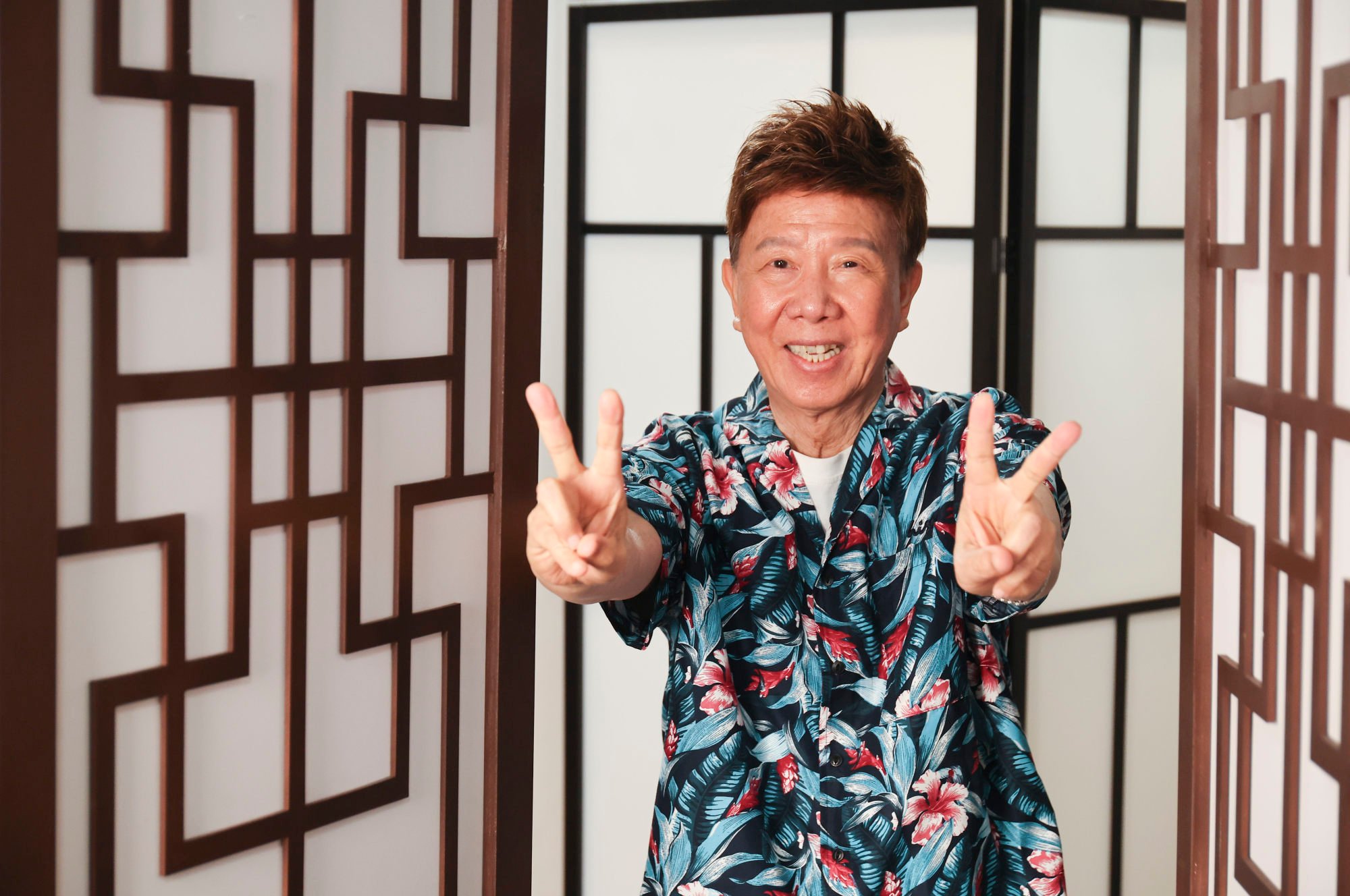
AI has figured in the music industry for some years, but more recently, it has been turning out apparently new work by known artists, including some who are long dead.
Generative AI can analyse the digital compilation of singers’ works and create new songs that seem to be sung by them or performed in their style.
Hong Kong singer Wan Kwong talks about his trending AI persona pic.twitter.com/zgTQUTWXBe
— Oscar Liu (@imoscarliu) July 11, 2023
Music legend Paul McCartney revealed that there will be a final song released by The Beatles this year and, thanks to AI, it will feature the voice of band member John Lennon, who died in 1980.
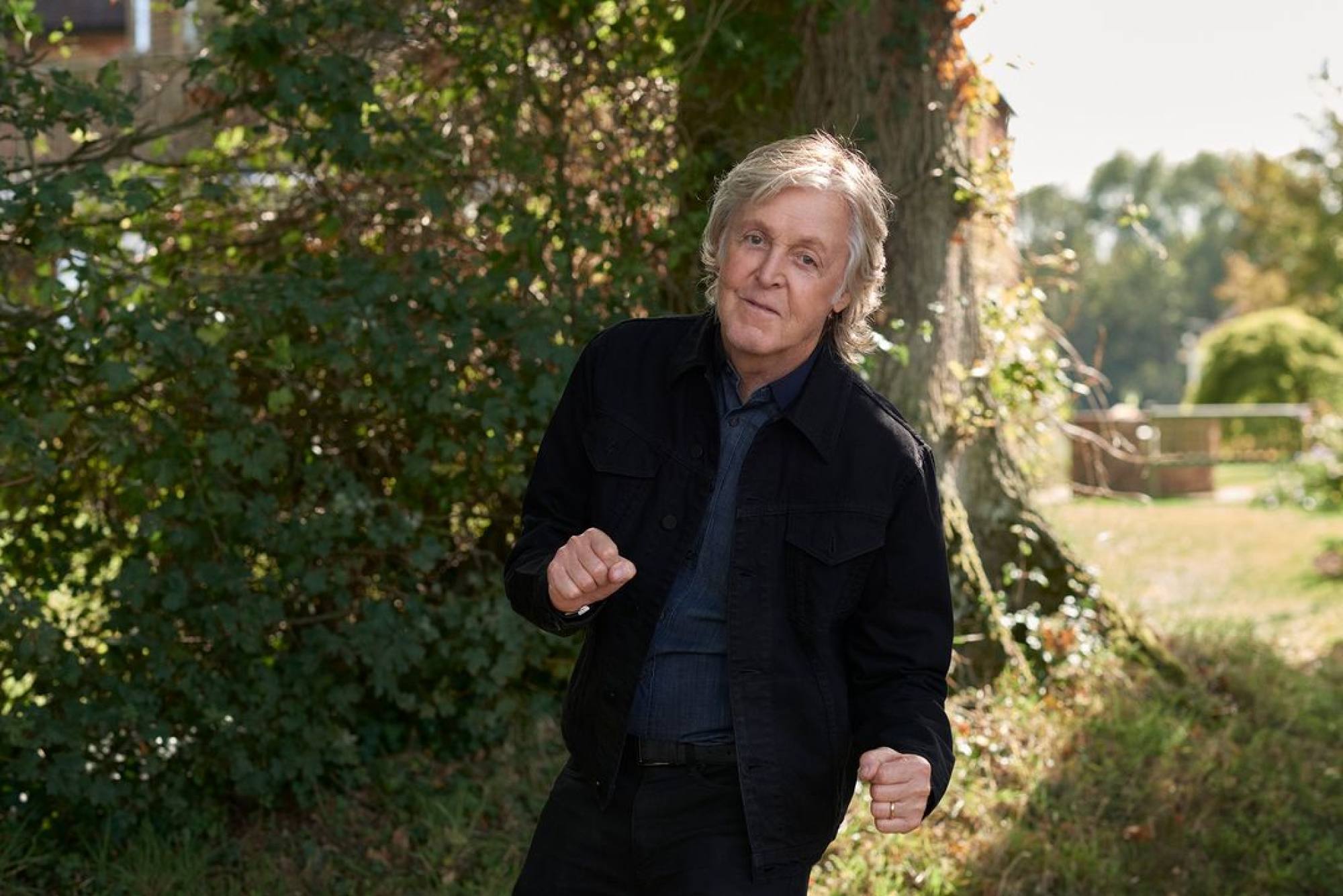
In Hong Kong, content creators have produced AI-cloned covers of songs by Wong Ka-kui, who died aged 31 in 1993. He was the frontman of Beyond, one of the city’s most influential rock bands, which included his brother, bassist Wong Ka-keung.
Four covers of his songs attracted more than a million views on the YouTube channel “KakuiAI”, launched in May.
New Grammy rules say only human creators can win, amid rise of AI music
Leslie Chan Kin-tim, 66, who managed Beyond from 1986 to 1993 and owns the publishing rights to 20 of Wong’s unreleased songs, said he was working with indie bands on a Beyond tribute album when some mainland Chinese groups asked if they could use AI to recreate the dead singer’s voice.
“I rejected that idea, and so did his younger brother,” Chan said. “Many people think AI is so powerful and don’t care about authenticity.”
He said he would prefer listening to other artists performing Wong’s songs.
“It’s OK to discuss AI covers and have fun purely for entertainment purposes, but fans need to be aware of what is real and what is fake,” he added.
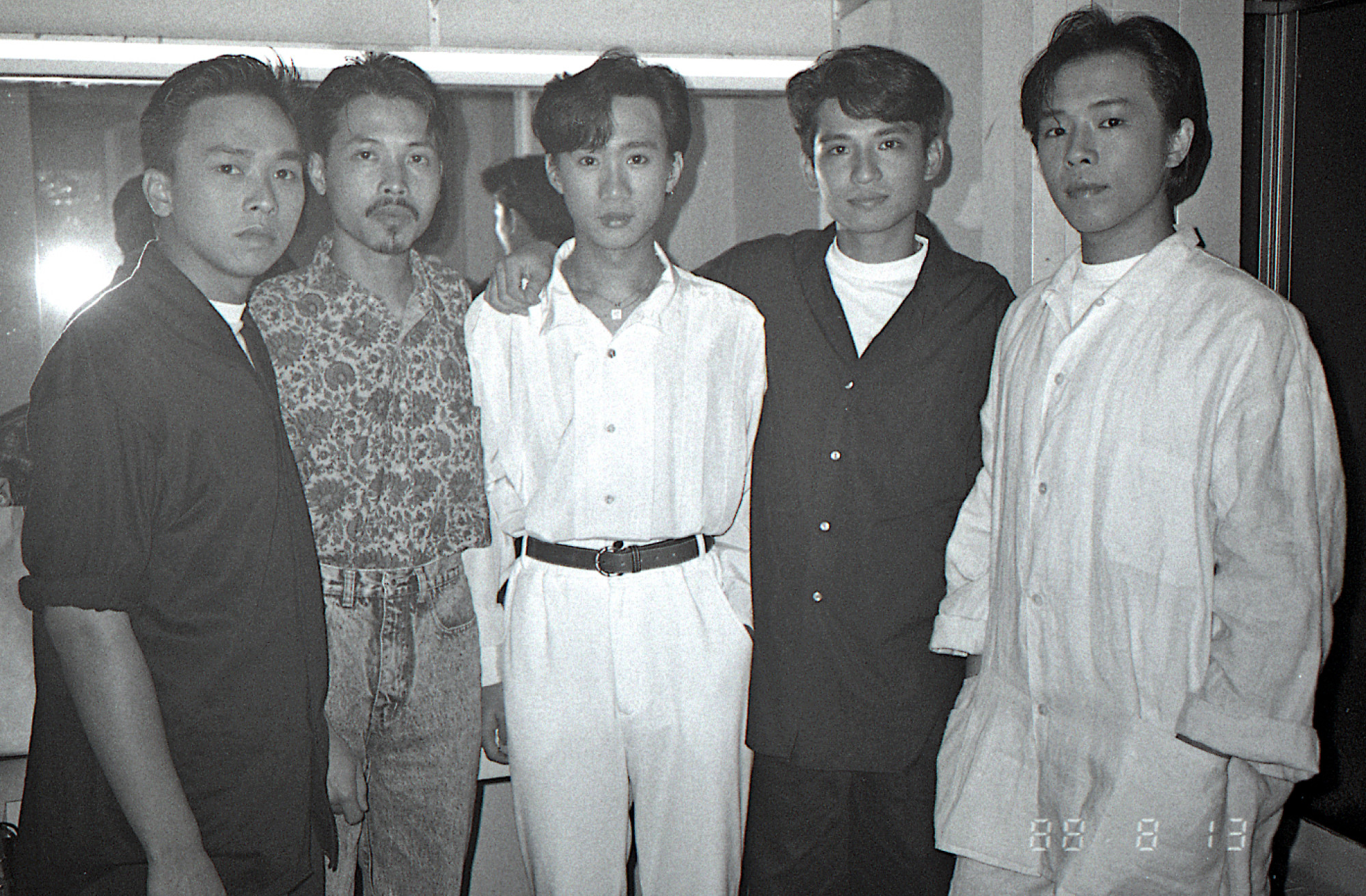
Singaporean Mandopop singer Stefanie Sun Yanzi, who has not released an album since 2017, was surprised when her AI persona attracted millions of views on Chinese social media platforms since May, with AI-generated covers of other stars’ hit songs.
She lamented in a blog post: “Really, how do you fight with someone who is putting out new albums in the time span of minutes?”
Can artists protect their work?
The recent flood of AI hits has raised questions about copyright and how artists can stop content producers from putting out fakes.
University of Hong Kong associate professor of law Ryan Whalen, whose research areas include innovation policy and legal technology, said the trend of using generative AI in music could potentially make musicians vulnerable.
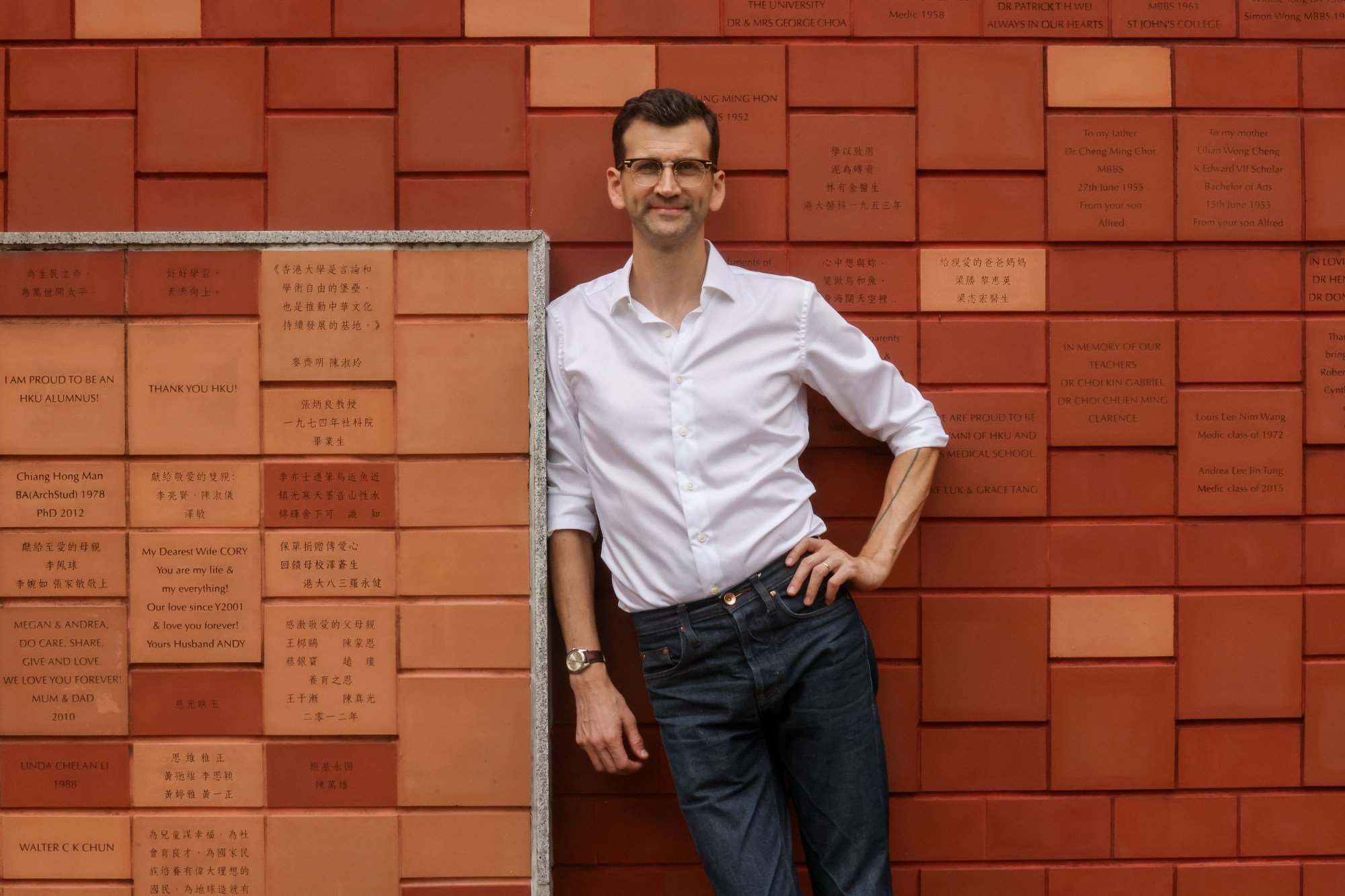
When their unique and recognisable sound could be reproduced by AI, their market power could be diluted, and this raised questions of infringement, he said.
“The style of the song is not something that’s copyrightable. So that raises a separate issue of the degree to which you can actually protect your style of musical presentation,” he said.
Content creators using AI faced risks if their source contained copyrighted material, such as a substantial portion of a song.
AI is challenging us to rethink the distinction between ‘real’ and ‘fake’
“That said, pursuing people for copyright infringement is quite costly, so many firms will, instead of litigating, just issue a takedown request,” he said.
In Hong Kong law, the copyright for a musical work – the melody and lyrics – is owned by the composer, while the copyright for the sound recording is owned by the record label or producer.
Disney use of AI for Marvel’s Secret Invasion series spooks Hollywood
Whalen said the legal issues related to AI-generated content remained hazy. He felt that the copyright infringement might become clearer by examining how the AI models used to generate the fake musical content were “trained”.
To copy a particular singer’s voice and style, the AI training model must be fed with a substantial amount of the singer’s songs.
“So there’s an argument that it’s at that earlier stage, when you’re training your model, that the actual copyright infringement happens,” he said.
Lawyer Albert So Man-kit, who chairs the Hong Kong Mediation and Arbitration Centre, said creating a voice using AI and incorporating it into a song that retained the original lyrics, melody, and arrangement could potentially infringe copyright.
Flash fiction stories: can you tell if these are AI-created or by humans?
The law applied similarly to buskers who performed copyrighted songs, he explained, but the question was whether the behaviour harmed the copyright holder’s rights and resulted in a loss of royalties.
“Releasing songs generated by AI on a YouTube channel using the copyright holder’s melody and lyrics may attract many viewers, resulting in advertising revenue for the content creators. It poses a risk of infringement as the copyright holders may think those revenues could have been theirs,” he said.
He said some copyright owners might decide not to react, regarding the new AI renditions as a way to promote their works, while others might threaten those uploading the content with legal action if they did not pay copyright royalty fees to the Composers and Authors Society of Hong Kong.
“But sometimes, labels don’t know who the uploaders are, so they directly request the online service providers to take down the copyright-infringing content,” he said.
So said the content creators also faced civil and criminal liability if their AI-generated covers breached the city’s personal data privacy and copyright laws.
‘World’s first radio station with an AI DJ’: can you tell the difference?
“Hong Kong does not have laws that protect the right to one’s image and voice. But when a content creator records someone’s voice without authorisation and uses AI to transform it into different content, that may violate privacy laws,” he said.
“If AI-generated works contain infringing content and are sold for commercial purposes, the customs authorities may also take enforcement action as criminal offences.”
China’s cyberspace chief raises concerns over the power of generative AI
In Hong Kong, an updated copyright ordinance took effect in May to strengthen protection in the digital environment, including a safe harbour regime to encourage online service providers to cooperate with copyright owners in combating online piracy.
The government also gazetted the code of practice, which provided practical guidance and procedures that online service providers might adopt upon being notified of online piracy on their platforms.
So said: “Under the safe harbour regime, when copyright owners inform the platforms that infringing content is found, they need to act by alerting the uploaders or taking down the content themselves. If they do so, their liability will be exempted.”
AI songs are ‘creepy yet comforting’
For now, Hong Kong fans have reacted to the new AI-generated music content with a mix of awe and horror.
Housewife and mother of three Tsang Tze-yu, 49, a Beyond fan since 1989, said she was shocked to come across her idol Wong Ka-kui’s AI covers on social media.
“The tone, enunciation and even the vibrato sounded just like him. It strangely brought back memories of how excited I was as a teenager to buy his cassettes,” she said.
But she recognised that the AI-generated songs were based only on available content up until he died in 1993.
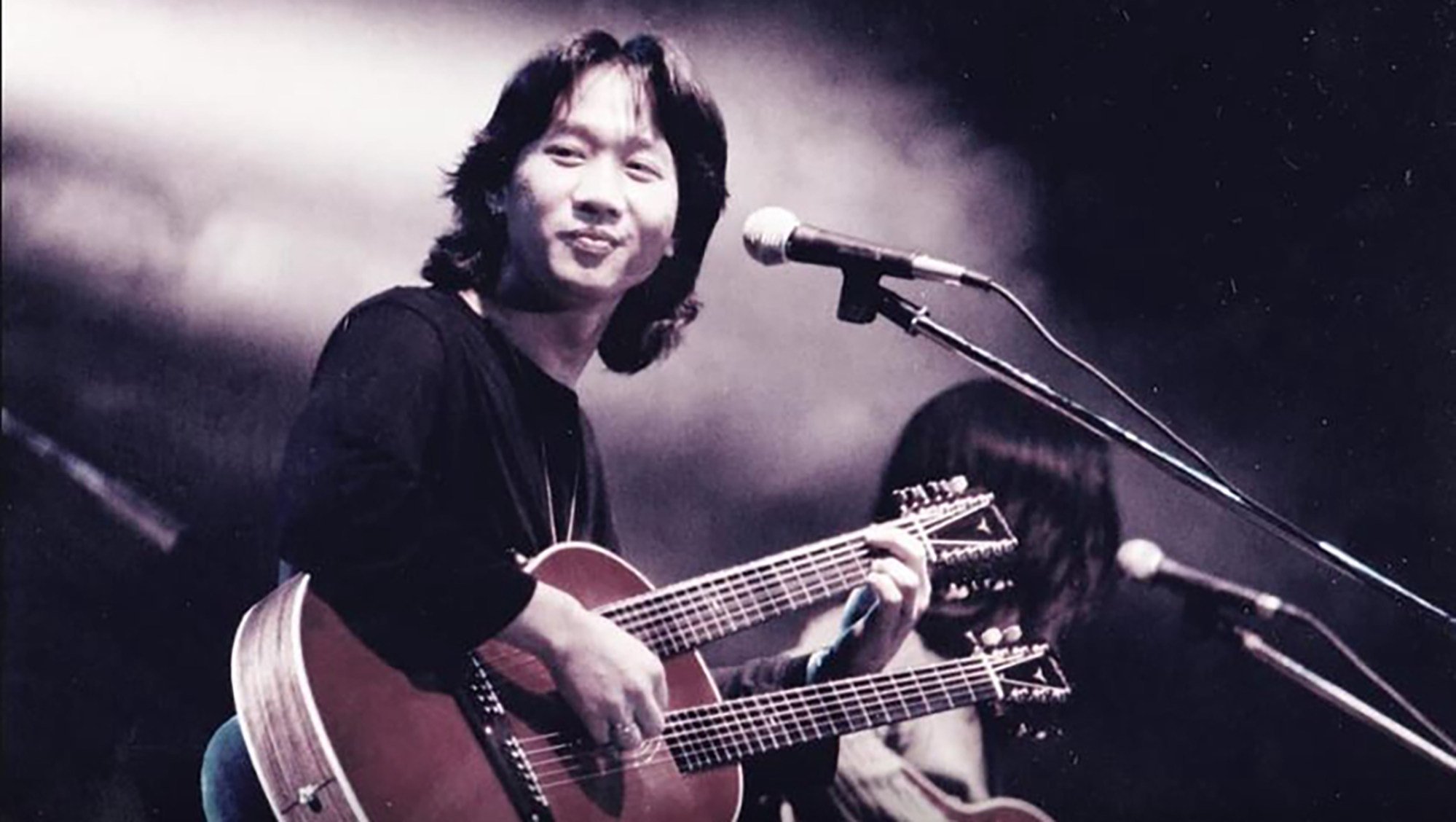
“If Wong was still living today, his style would have changed. That’s what AI cannot predict,” she said.
Executive coach Marcas Wan Kam-yeung, 46, said he was spooked when Wong’s new AI-generated songs turned up in June, the month the star died 30 years ago.
“It felt creepy yet comforting because it sounded like him,” he said.
A keyboardist himself, he was concerned that the AI trend could have an impact on musicians, especially those producing jingles for television commercials.
Insurance company executive Edwin Cheung Yin-ming, 47, who also grew up listening to Beyond, said the differences were obvious to him.
The bassist of local indie band AirTub, which took part in the Beyond tribute album, said: “To me, the imperfection of humans sometimes makes a song better. AI cannot mimic the emotions of real people.”
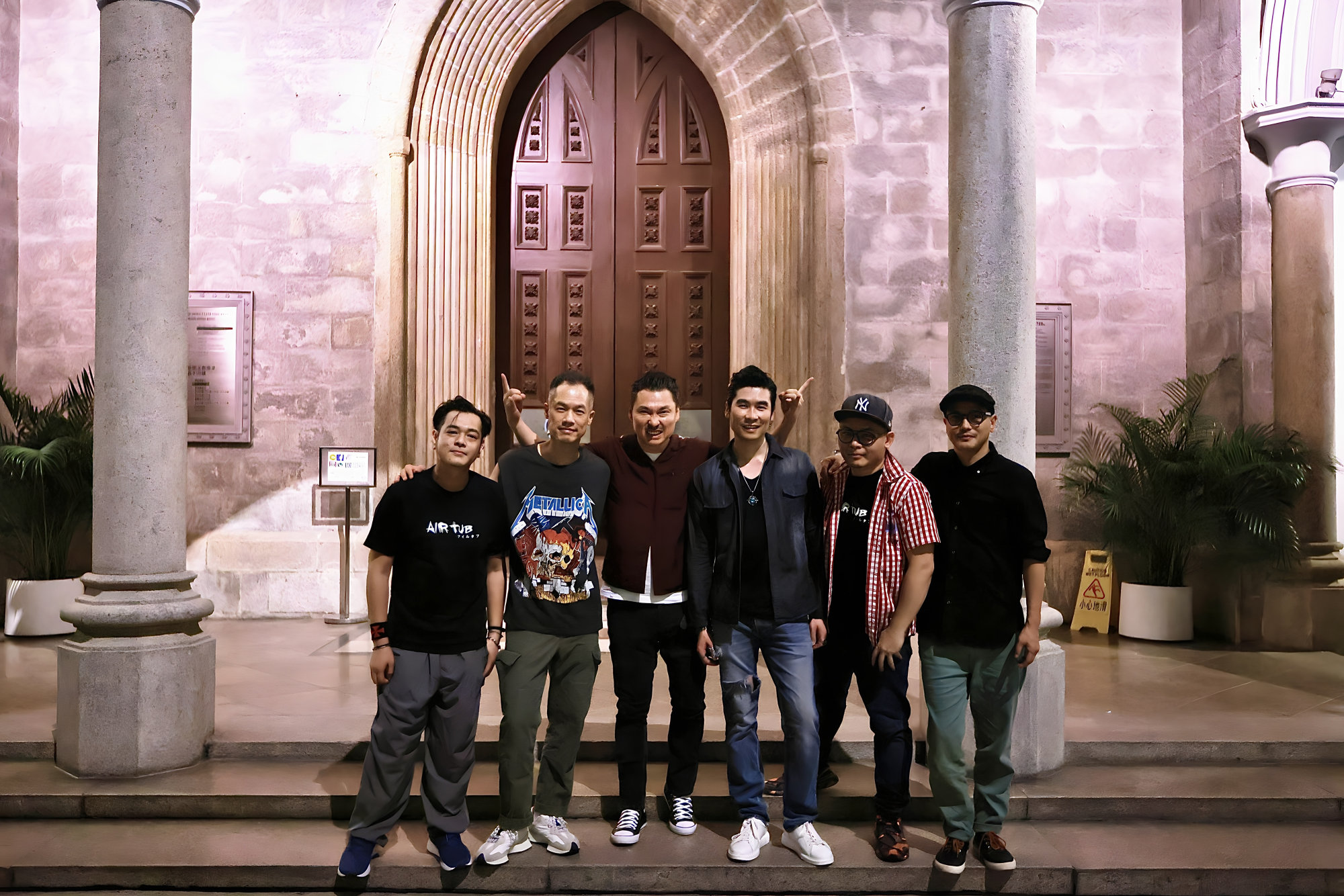
Dr Edmond Tsang Yik-man, an associate professor of practice at Baptist University’s Academy of Music and a music producer for Cantopop stars including Joey Yung, Andy Lau and Hins Cheung, doubted the trend of AI human voice covers would last.
“The public may find it refreshing to hear a dead singer perform a new song, but we need to see if there is still a demand a year from now,” he said.
“After all, human elements are needed in artistic or popular music. Fans actually fall in love with singers and their songs, and their presentations.
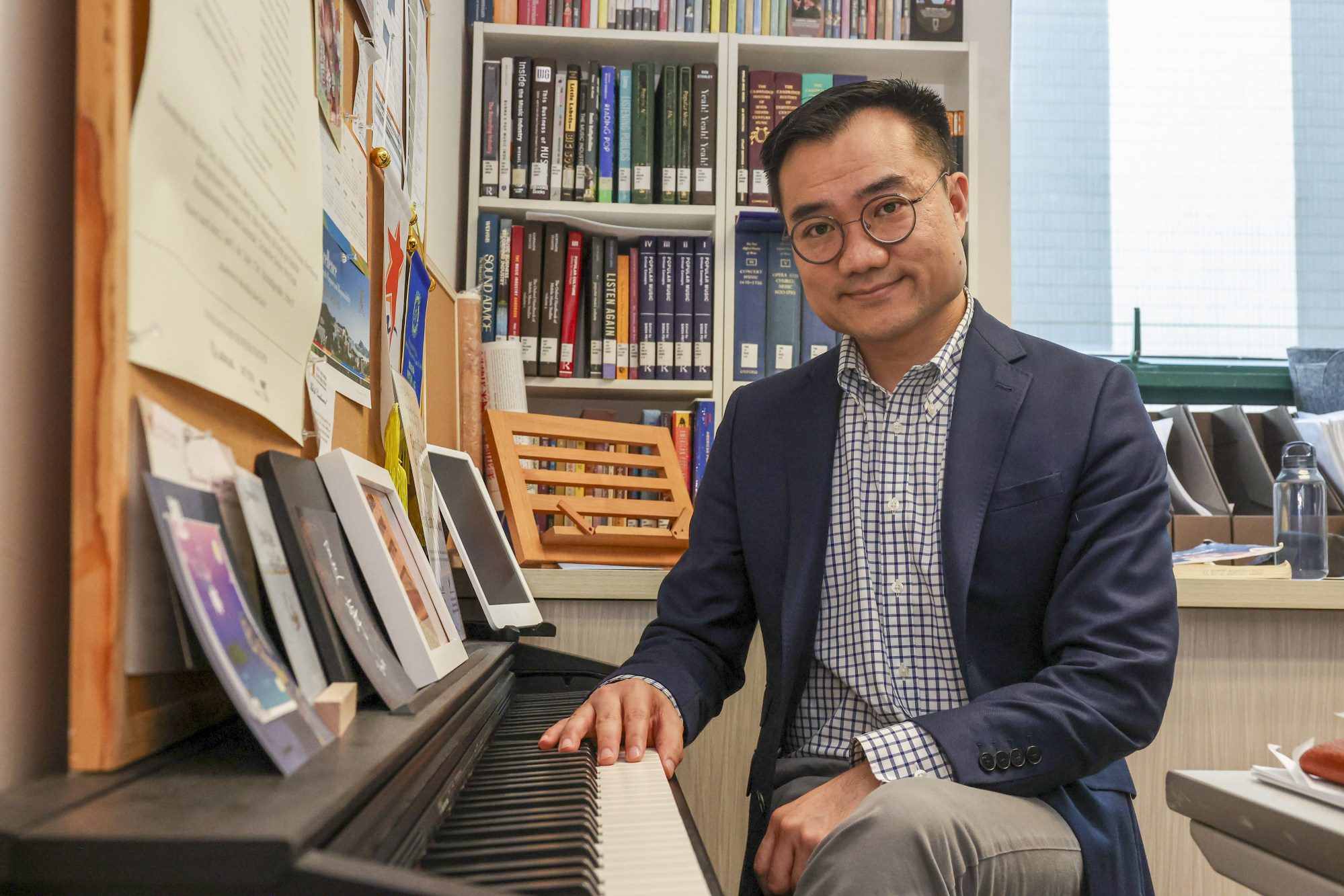
“Even if AI covers are perfect and flawless, people may not enjoy the cold and impersonal feeling AI creates.”
The content creators behind the new AI material have largely remained out of sight, and little is known about how many there are in Hong Kong, who they are, or how they operate.
The Post reached out to several people believed to be involved but only one, who identified himself as “VT”, responded via email on condition of anonymity.
ChatGPT-like tech is being integrated with smart home devices to enhance service
A creator behind the recent AI songs by veteran Wan Kwong, he said the singer was popular with several generations of Hongkongers.
Acknowledging that the trend posed challenges for the music industry, singers, copyright owners and AI content creators, he said: “Ultimately, our goal is to foster a symbiotic relationship between AI and human creativity, where AI serves as a tool to amplify and augment the creative capabilities of artists, content creators and industry professionals.”
He refused to provide any personal information, revealing only that he worked for an AI strategy consultancy.
Wan, meanwhile, wondered if the AI trend opened new possibilities.
“I’m looking forward to collaborating with younger singers,” he said. “I don’t know how to sing the AI songs, but I will learn and hopefully perform them properly in my concerts.”
But he was sure about one thing. “Only flesh-and-bone performers can interact with the audience, the band and dancers on stage and convey emotions. AI is just technology,” he said.
More from South China Morning Post:
- China’s cyberspace chief raises concerns over the power of generative AI, pledges to make it ‘controllable’
- Disney use of AI for Marvel’s Secret Invasion series spooks Hollywood
For the latest news from the South China Morning Post download our mobile app. Copyright 2023.


